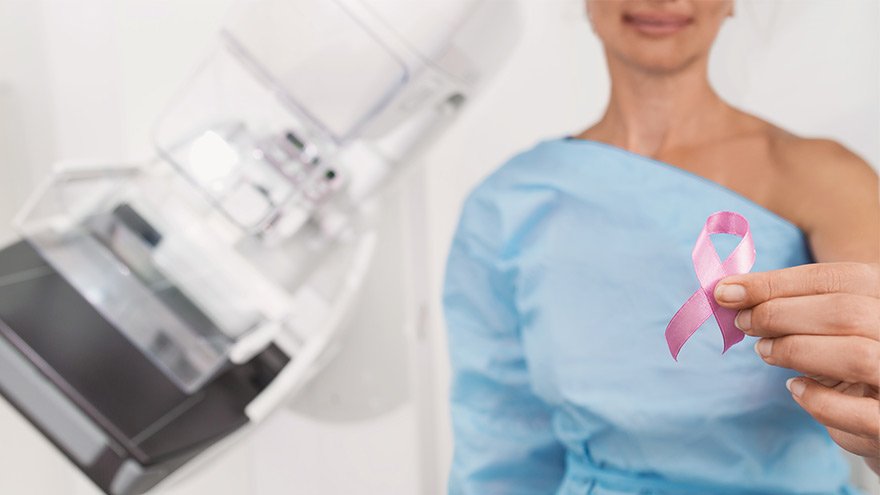

Early detection is a significant piece of the breast cancer puzzle. Susan Cox, Renown Health Senior Director of Cancer Operations, discusses what you need to watch for and how the latest technology can help detect potential cancer sooner.
When should women start getting breast exams?
It depends on risk factors:
- Average-risk women: Most medical organizations recommend the first mammogram between 40 and 44.
- Higher-risk women: Dependent on their high risk, which will dictate when they start screening, but generally around the age of 30 and not before 25 years old.
Schedule Your Mammogram

Risk factors and preventative steps
Some risk factors are controllable and are associated with how estrogen is managed in the body, such as weight and alcohol consumption. For example, it’s recommended to limit alcohol consumption because alcohol is metabolized in the liver, which can vary the amount of estrogen in the body.
More lives are being saved through early detection and advanced treatments. And although screenings do not prevent breast cancer, they can help find breast cancer early, when it is easier to treat. In addition, your provider can help you understand which breast cancer screening tests are right for you.
A variety of diagnostic tests (ultrasound or MRI) may be ordered if a mammogram reveals potential cancer. First, the tests look for soft tissue breast abnormalities, which may be benign cysts or tumors. Then, a biopsy may be requested to determine if these masses are indeed cancerous.
Types of Breast Screenings
New technology and evolving screening guidelines are crucial for women to understand and choose the right screening method for their specific needs. The most common types of screenings available today are:
- 2-D Mammography: In a standard 2-D mammogram, the tech takes X-rays of the breast, compressing it top-to-bottom and side-to-side, providing a2-dimensional view in each direction. These pictures can show the radiologist if there are abnormalities you might not be able to feel.
- 3-D Digital Tomosynthesis Mammography: Renown Health offers cutting-edge 3D Tomosynthesis Mammograms at all locations. This technology creates detailed images by combining multiple X-ray layers, allowing radiologists to view the breast with greater precision. It's great for spotting anything unusual, from cancer to cysts, and decreases the need for additional call-back imaging.
- Whole-Breast Ultrasound: If you have dense breast tissue, this ultrasound is a game-change and uses sound waves—no radiation—to check for breast abnormalities, like ultrasounds for pregnancy. This 20-minute exam is recommended for those with dense breast tissue, improving early detection. It complements, but doesn’t replace, mammograms.
Renown Health's Certified Breast Center
As a certified breast center, Renown offers support services for women who have been diagnosed with breast cancer. This includes treatment and a certified cancer nurse navigator. Nurse navigators help with additional referrals, assist with understanding of the physician’s plan of care and address barriers to treatment, such as support for missed work or transportation concerns.
Breast Cancer Stages

Related Blogs


Mission in Motion: Empowering Future Medical Physicists at Renown
